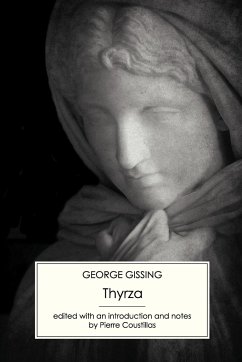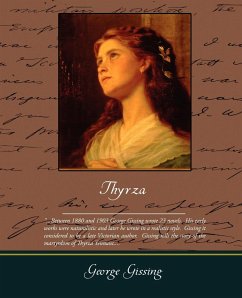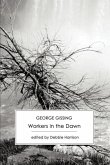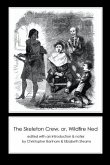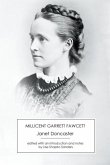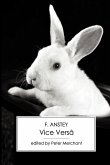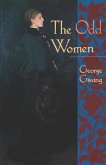First published in 1887, Gissing intended Thyrza to "contain the very spirit of London working-class life". His story tells of Walter Egremont, an Oxford-trained idealist who gives lectures on literature to workers, some of them from his father's Lambeth factory. Thyrza Trent, a young hat-trimmer, meets and falls in love with him, forsaking Gilbert Grail, an intelligent working man who Egremont has put in charge of his library. In a tale of ambition, betrayal and disillusionment, Gissing's heroine aspires to purity and self-improvement. Trapped by birth and circumstance, she is unable to escape her destiny. Thyrza Trent is the embodiment of Gissing's preoccupation with sex, class and money, and through her he exposes a society instrinsically opposed to social mobility. In a letter Gissing wrote, "Thyrza herself is one of the most beautiful dreams I ever had or shall have. I value the book really more than anything I have yet done." Contemporary critics praised Gissing's "profound...knowledge of the London poor" and his "courageous presentation of truth". His unforgettable portrayal of urban poverty describes the "meanness and inveterate grime" of the Caledonian Road and a Lambeth "redolent with oleaginous matter". Thyrza is a powerful, shocking and unforgettable novel. This new scholarly edition, the first for over twenty-five years, includes: * critical introduction by Pierre Coustillas * author biography * select bibliography * explanatory endnotes * specially-commissioned maps of Gissing's London * essay on Thyrza's geography by Richard Dennis * essay on Gissing's revision of Thyrza by David Grylls
Hinweis: Dieser Artikel kann nur an eine deutsche Lieferadresse ausgeliefert werden.
Hinweis: Dieser Artikel kann nur an eine deutsche Lieferadresse ausgeliefert werden.

